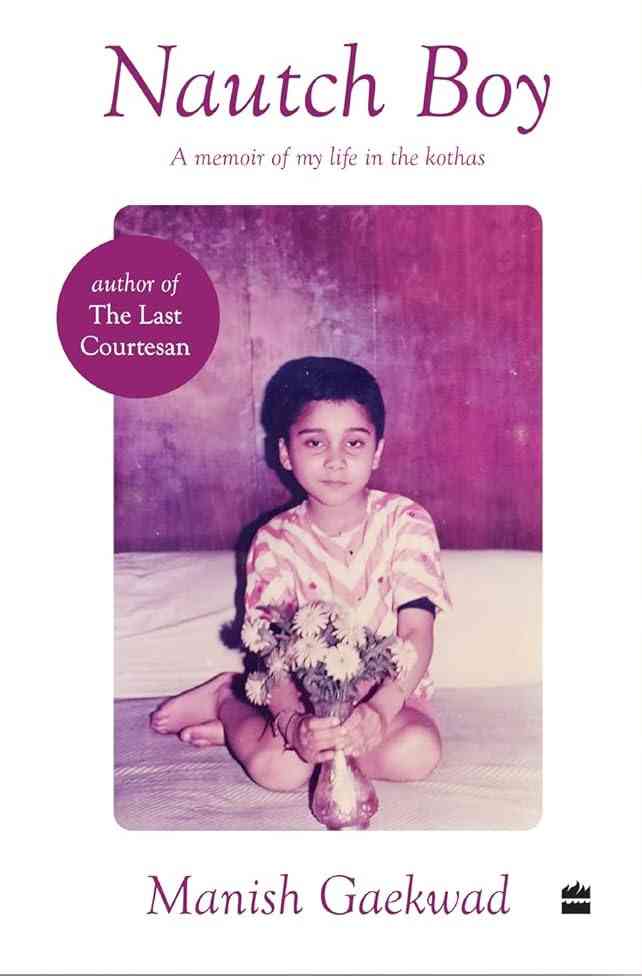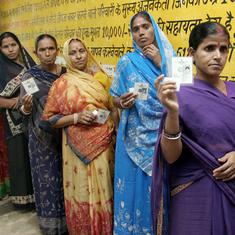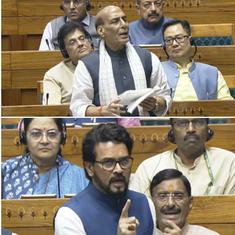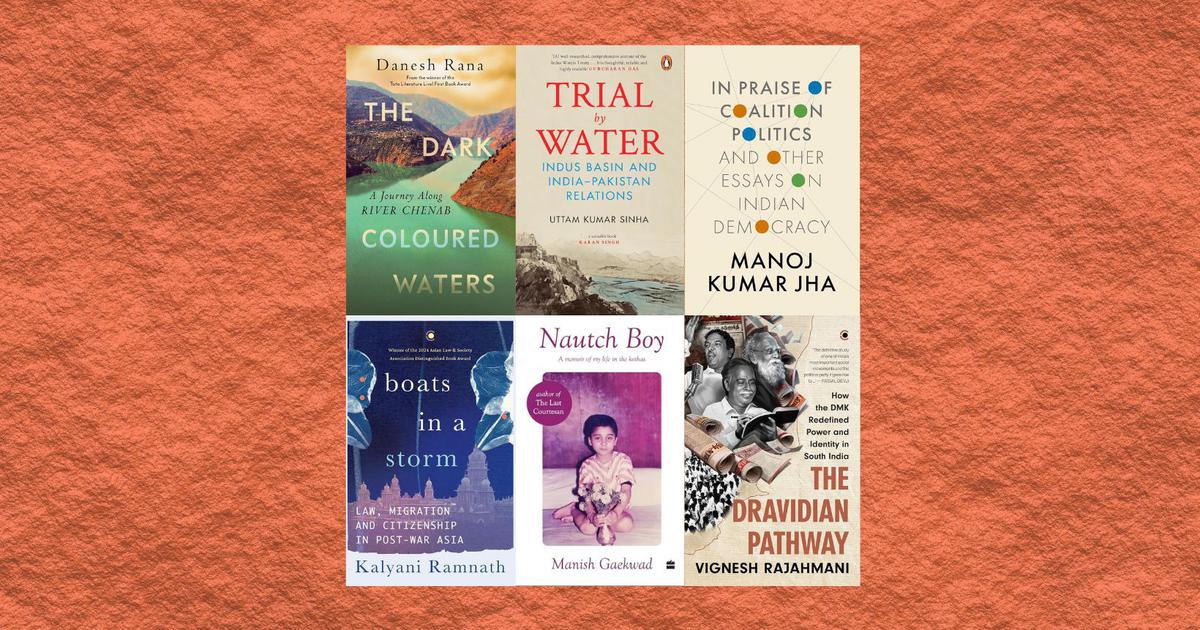All information sourced from publishers.
Trial by Water: Indus Basin and India-Pakistan Relations, Uttam Kumar Sinha
In 1947, the Indian subcontinent was partitioned, and Pakistan was born. A shared heritage, a composite culture and centuries-old bonds between people, all seemed to vanish overnight. Nowhere was this rupture more profound than in the Indus Basin – once a unified lifeline of the region, now fragmented by sovereign borders, its rivers flowing through two nations immediately at odds with each other.
The Indus Waters Treaty was signed in 1960, proving that even bitter adversaries could cooperate over shared resources. Yet, it never brought lasting peace. The treaty was suspended by India in April 2025 as a punitive measure in the wake of the Pahalgam terror attack, and its future remains shrouded in uncertainty. Can it still endure and adapt? Perhaps the time has come for a new arrangement – one that is not just inevitable but essential.
This book traces the turbulent history of the Indus Basin and examines how the Indus Waters Treaty has been shaped by the region’s ever-evolving political dynamics. It explores the role of key leaders on both sides, as well as external pressures, in shaping and reshaping one of the world’s most critical transboundary water agreements.
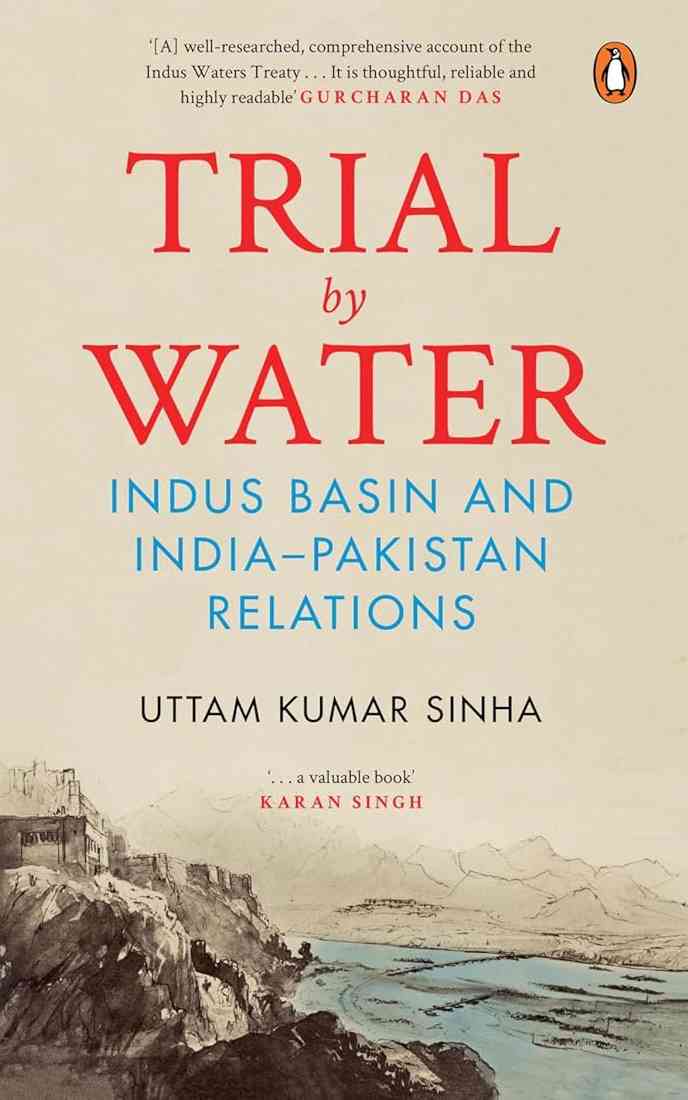
The Dravidian Pathway: How the DMK Redefined Power and Identity in South India, Vignesh Rajahmani
The transformation of the Dravidian socio-cultural movement into an electorally viable political party – the Dravida Munnetra Kazhagam, or DMK – is one of the most fascinating stories in modern India. It is also one that is critical to an understanding of South Indian politics as a whole.
Although the movement and the party have both been widely studied, the interplay between the two has been largely neglected, with scholars tending to focus on outcomes.
Vignesh Rajahmani’s innovative, detailed study of the Dravidian Movement explores the strategic leadership of DMK and non-DMK figures like Periyar EV Ramasamy, CN Annadurai, M Karunanidhi and K Kamaraj. It illustrates their synthesis of anti-caste ideology, socio-economic and educational mobility, and inclusive Dravidian-Tamil identity, and considers why that vision resonated with marginalised communities.
Tracing the early DMK years, from the party’s social justice campaigns to its landmark electoral victory in 1967, Rajahmani highlights the challenges of navigating ideological commitments within the constraints of political pragmatism, while also making politics accessible to the common person. He explains how iterations on the initial ideology and political offering can reinvigorate such movements, keeping their politics agile, and importantly, incentivising inclusive policymaking.
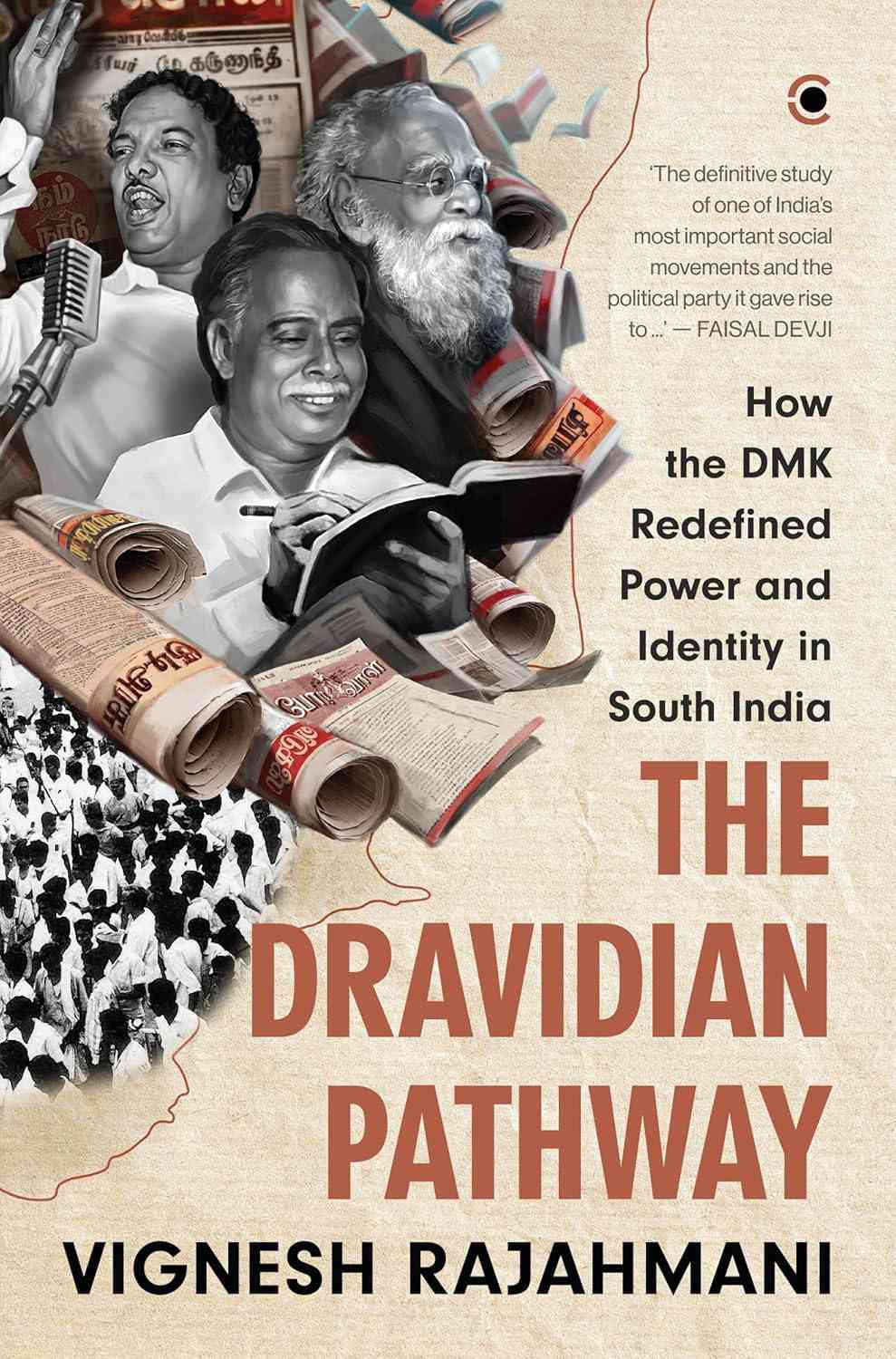
In Praise of Coalition Politics and Other Essays on Indian Democracy, Manoj Kumar Jha
In a time of democratic backsliding and institutional erosion, Manoj Kumar Jha’s collection of essays offers a stirring and necessary voice of conscience. At once political and personal, reflective and sharply polemical, the essays in this volume interrogate the state of Indian democracy after a decade of majoritarian rule. They speak to the dismantling of constitutional safeguards, the marginalisation of minorities and the retreat of federalism in the face of a hyper-centralized state. All is not lost, however, as the lead essay on the return of coalition politics suggests, arguing that the half-hearted mandate to the BJP in the 2024 Lok Sabha elections, putting the brakes on its majoritarian juggernaut, points to the essentially inclusive nature of India’s democracy.
Written with clarity, conviction and empathy, this is a book that refuses to normalize the destruction of our democratic republic or surrender to cynicism. At its heart lies a simple yet, at present, radical idea: that India’s greatness lies not in uniformity or power, but in plurality, debate and the constant struggle towards social and economic justice. A vital book for our times.
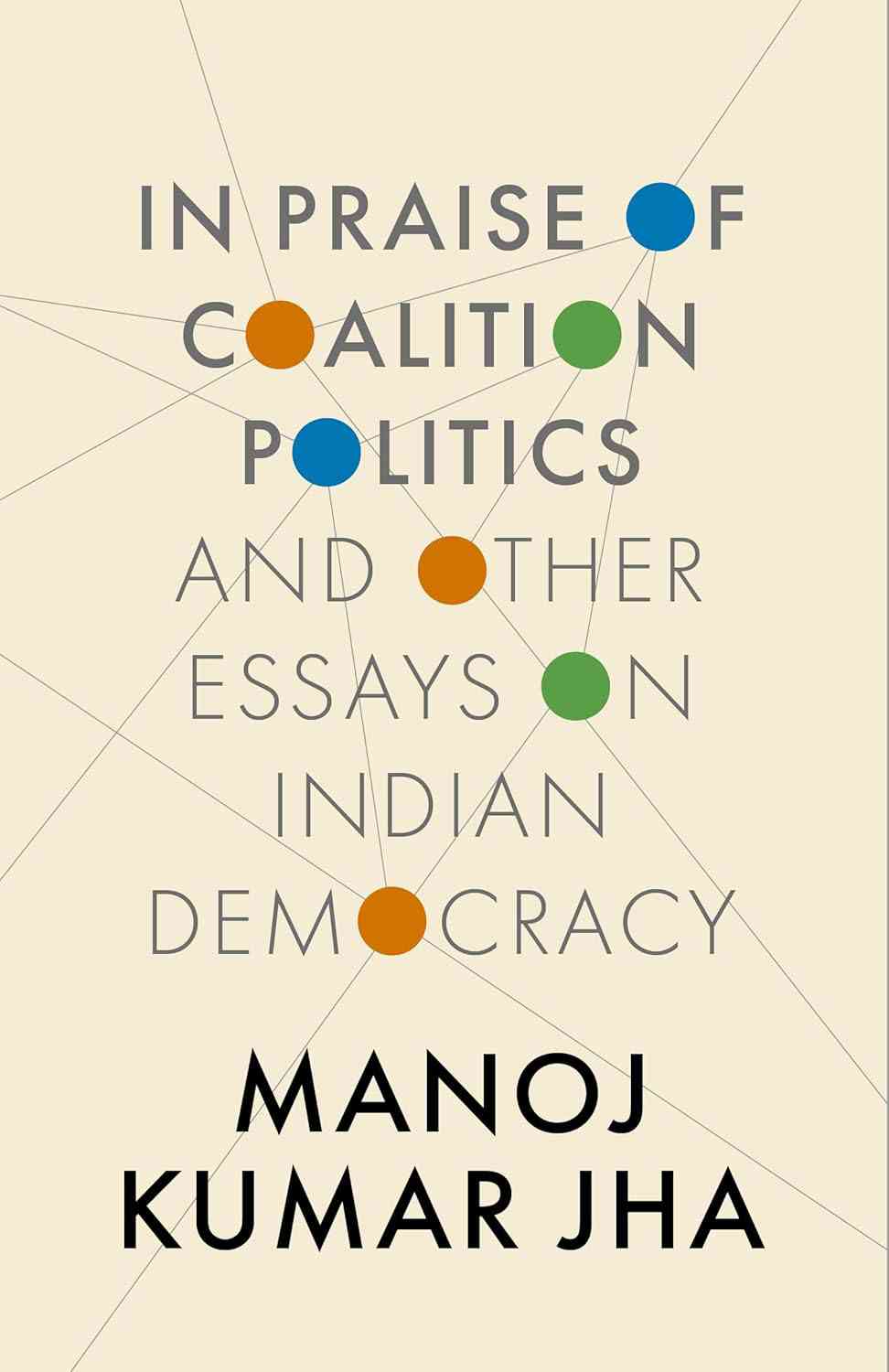
The Dark-Coloured Waters: A Journey Along River Chenab, Danesh Rana
Danesh Rana has had a profound connection with the Chenab. As a child, it flanked family road trips to Kashmir. In the 1990s, it ran through the newspaper headlines of bloodshed and militancy. And in 2002, it flowed past his police station in Ramban during a tense posting flat in the heart of the conflict. In 2018, on election duty in Himachal Pradesh, Rana arrived at the river’s source – a symbolic homecoming that compelled him to write this book.
Spanning decades and landscapes, The Dark-Coloured Waters traces the Chenab from its mythic origins to the violence-scarred landscape of Jammu and Kashmir. Along the way, Rana blends memoir, travelogue and keen observation to chart the river in all its complexity. Every bend reveals something new – culture and conflict, memory and myth, power and resistance. The Chenab is also a river of diplomacy, enshrined in the Indus Waters Treaty and entangled in the acrimony of India–Pakistan relations. From Bollywood to bloodshed, spiritual quests to statecraft, the Chenab reflects the many Indias that surge along its banks.
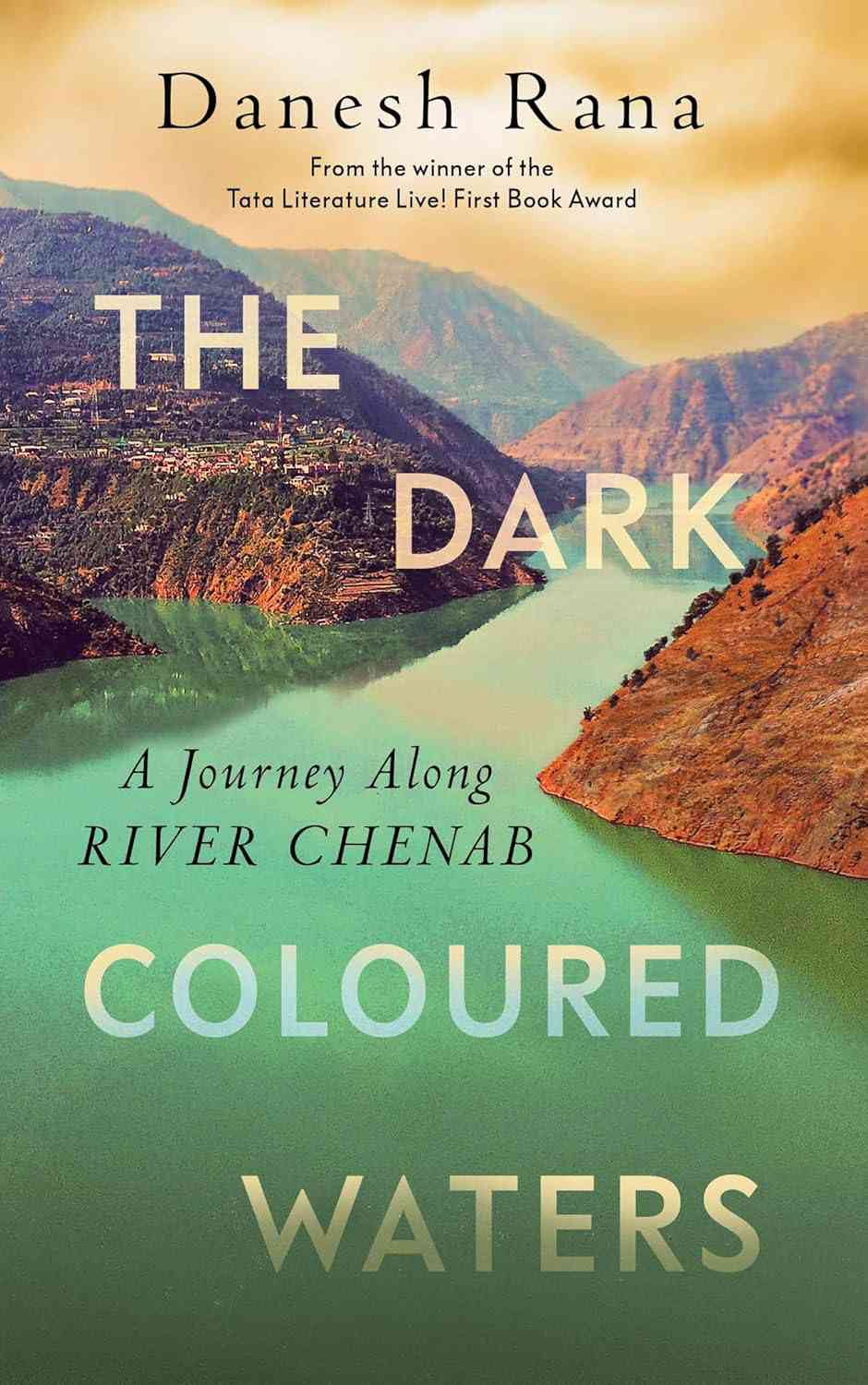
Boats in a Storm: Law, Migration and Citizenship in Post-War Asia, Kalyani Ramnath
For more than a century before the Second World War, traders, merchants, financiers, and labourers steadily moved between places on the Indian Ocean, trading goods, supplying credit, and seeking work. This all changed with the war and as India, Burma, Ceylon, and Malaya wrested independence from the British Empire.
Set against the tumult of the post-war period, Boats in a Storm centres on the legal struggles of migrants to retain their traditional rhythms and patterns of life, illustrating how they experienced citizenship and decolonisation.
Even as nascent citizenship regimes and divergent political trajectories of decolonisation papered over migrations between South and Southeast Asia, migrants continued to recount cross-border histories in encounters with the law. These accounts, often obscured by national and international political developments, unsettle the notion that static national identities and loyalties had emerged, fully formed and unblemished by migrant pasts, in the aftermath of empires.
Drawing on archival materials from India, Sri Lanka, Myanmar, London, and Singapore, Kalyani Ramnath shows how decolonisation was ultimately marked not only by shipwrecked empires and nation-states assembled and ordered from the debris of imperial collapse, but also by these forgotten stories of wartime displacements, their unintended consequences, and long afterlives.
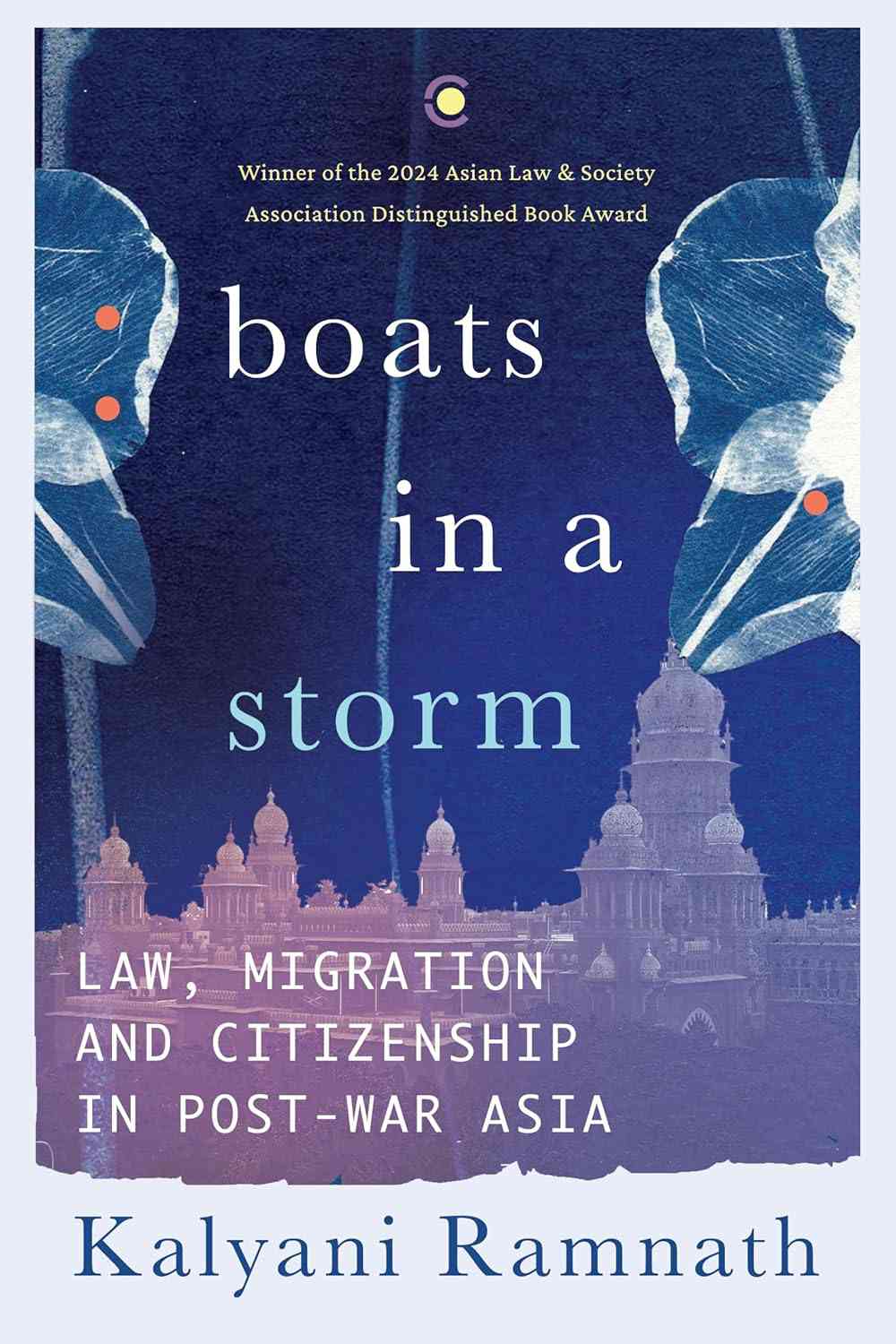
Nautch Boy: A Memoir of My Life in the Kothas, Manish Gaekwad
A sweet-faced, quiet boy dressed in matching pink shorts and a top poses demurely for a photograph in a kotha, holding a flower vase with plastic white daisies in it. Powdered, scented women around him sparkle and pirouette like movie stars on the silver screen. The boy looks at them in awe. Will he be able to join them in this evening of glamour and music? When will he become a nautch boy?
His dream is jinxed by his courtesan mother Rekhabai’s ambition to secure his future away from every last thing that ties him to the kotha. But can he silence the music in his veins?
Sent off to a boarding school in the hills, the boy learns to balance the two worlds – he can undulate his hips to popular Hindi songs like his mother but also recite by heart the poems of Rossetti and Shelley.
Nautch Boy is Manish Gaekwad’s account of being born and raised in a disrespected environment at odds with his privileged education. He finds his vocation as a reporter, screenwriter and a novelist, and eventually replaces that flower vase of fake white daisies with colourful stories of love, laughter and decay from the kothas.
